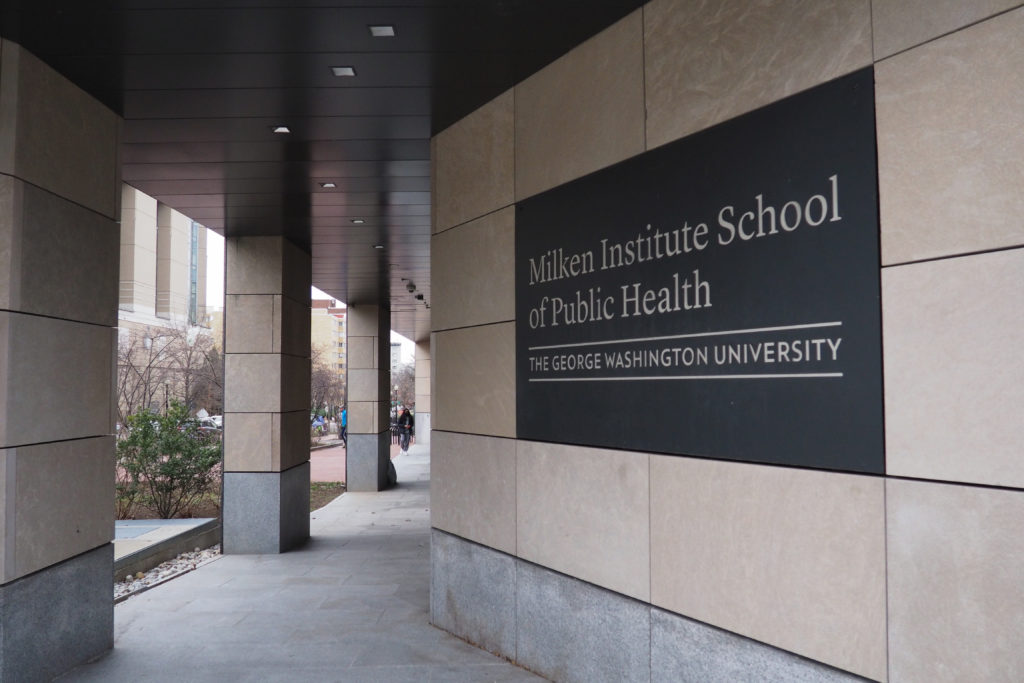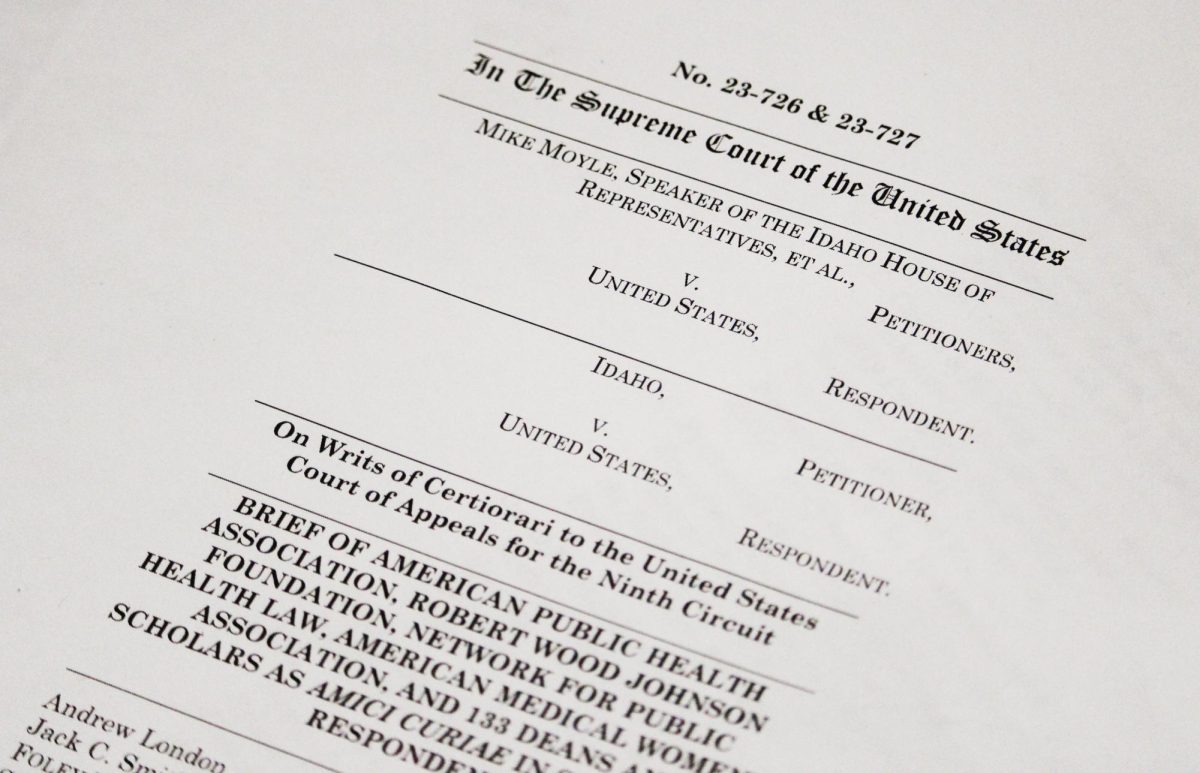A team of professors received funding from the Bill and Melinda Gates Foundation to study maternal and newborn health in low-income countries to coordinate data and techniques associated with pregnancy with scientists about risks in their respective countries earlier this month.
The surveillance study includes a team of professors, three from the Milken Institute School of Public Health in the global health field and a professor of statistics from the Columbian College of Arts and Sciences, who will track about 20,000 pregnancies for three years in five low-income countries. The $4.8 million funding from the Gates Foundation allows the team to collect data on maternal and newborn malnutrition, anemia and other health risks that scientists can use internationally for general data sets about maternal and newborn health in the five countries.
Emily Smith, an assistant professor of global health and exercise and nutrition science and the principal investigator of the study, said different countries measure health vitals like blood pressure or weight differently, and the study can help harmonize the differing methods that countries use to produce more consistent global data.
She said researchers will observe the participants’ health during pregnancy, labor, delivery and for one year after the child is born.
“Globally, we don’t have that kind of data, generally, that estimates for women’s health conditions or neonatal conditions,” Smith said. “Either we don’t have big global estimates, or they’re really modeled, like they’re based on very little empirical data.”
Smith said the study will observe mothers in India, Pakistan, Ghana, Zambia and Kenya – countries with other ongoing studies centered around collecting data about maternal and newborn health sponsored by the Gates Foundation.
She said in each of the countries researchers will go to the houses with women of reproductive age, see if they are pregnant and are willing to enroll in the study.
“This is an opportunity for learning across all of our teams, all of our country sites, so here at GW, we’re excited to offer some of our experience and expertise in teaching and public health when it comes to the epidemiology and statistics,” Smith said.
Interim University President Mark Wrighton thanked the Gates Foundation for the grant, which he said will assist vital research into maternal health, in a release earlier this month.
“We are grateful to the Bill and Melinda Gates Foundation for this grant, which will allow our public health and statistics researchers to conduct this critical work aimed at improving maternal and newborn health outcomes globally,” Interim University President Mark Wrighton said in a release.
Jennifer Seager, an assistant professor of global health, said the study also evaluates how pregnancy risk factors are associated with adverse pregnancy outcomes like stillbirths and morbidity – death by an illness or disease – in mothers and children.
Seager said the team uses “deep learning techniques” to find trends in risk factors and outcomes. She said the study acts as a clinical trial, aiding future studies in developing and testing new strategies to improve pregnancy outcomes.
“Ultimately, this data will inform development of innovative strategies to optimize pregnancy outcomes for mothers and their newborns,” Seager said in an email.
Seager said she is currently creating workshops on data management and analysis of the data on maternal and newborn health for the five countries to use while the study is ongoing and after it’s finished.
“We are also working with the country teams to involve their strongest team members to guide in these workshops,” Seager said.
James Tielsch, the chair of the department of global health and one of the study’s co-investigators, said proper nutrition is vital to the length of a mother’s pregnancy and the weight of the child at birth.
“We happen to be working in a population that has very significant undernutrition and pregnancy,” Tielsch said.
Tielsch said he first worked with the Gates Foundation during his time at Johns Hopkins University in the early 2000s, and research groups at Johns Hopkins were among the first to receive funding in the nutrition and family planning sectors after the foundation started.
“We’ve had a relationship,” Tielsch said. “Our team has had a relationship with them for a long time, you know, close to 20 years now.”







